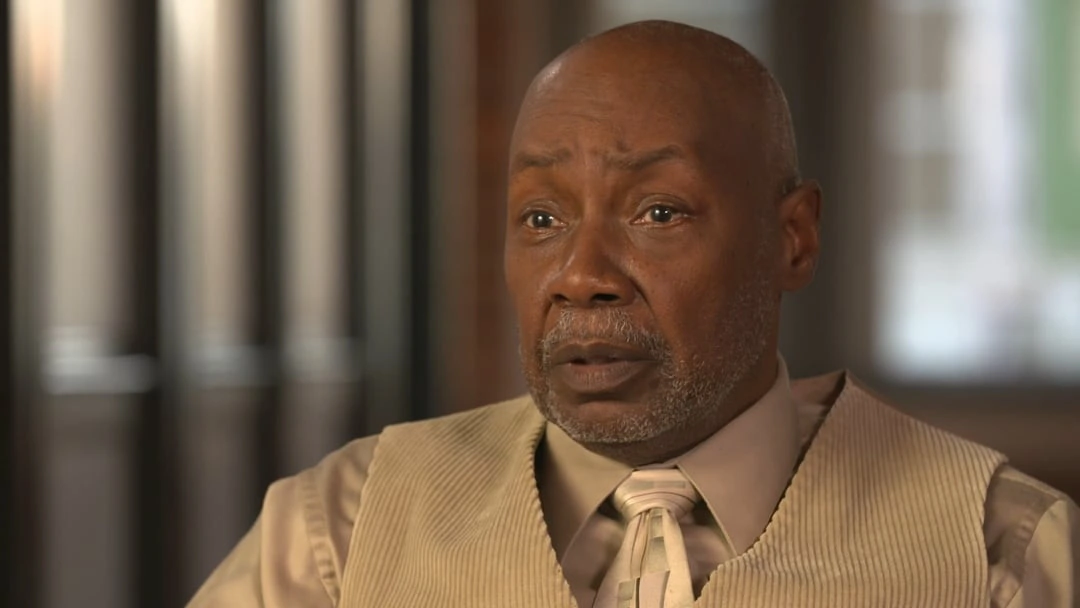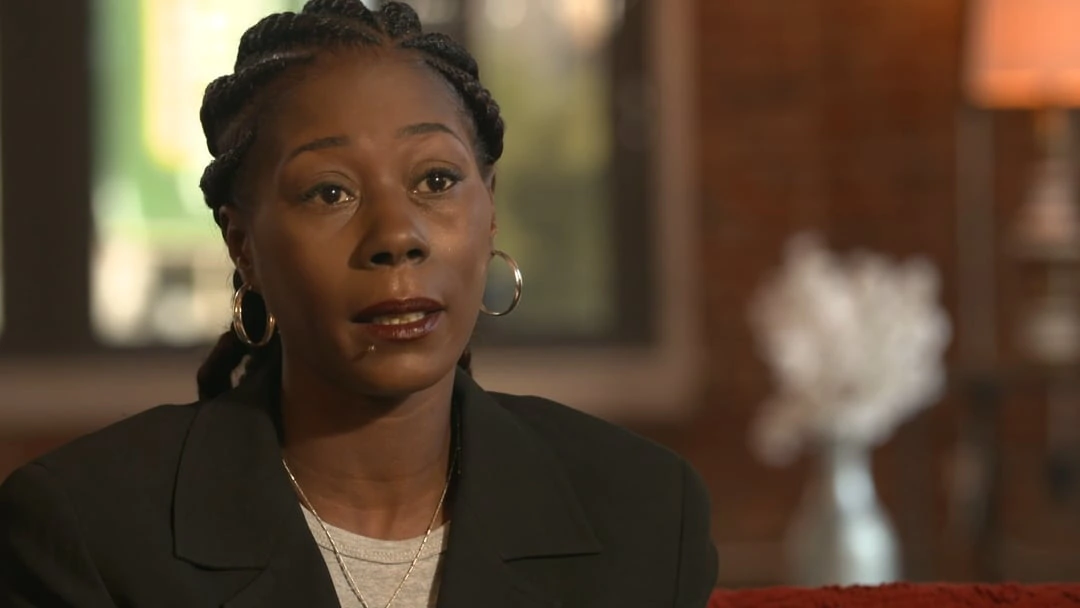When patients visit hospitals, they expect to receive quality, necessary medical treatment to help ensure their health care needs are met. Sadly, some doctors and nurses do not properly diagnose patients in time to prevent medical episodes from developing into catastrophic situations.
If a patient suffers harm because a health care provider failed to make a timely diagnosis to treat a medical condition, the victim has the legal right to file a delayed diagnosis medical malpractice lawsuit. Claims can help to recover damages for hospital bills, medical expenses, lost wages, and pain and suffering.
Like many other medical negligence lawsuits, delayed diagnosis claims are complex pieces of litigation requiring skill and experience to properly prosecute. While every claim is different, there are certain elements courts expect plaintiffs to prove in order for the lawsuit to succeed:
Establishing a doctor-patient relationship is a relatively simple part of handing a medical malpractice claim since clear records often provide easy evidence the patient sought treatment from a physician. Proving the doctor committed negligence and the patient suffered greater harm than necessary are often the two most difficult aspects of the lawsuit.
Any medical malpractice claim must prove the doctor violated the standard of care, a legal doctrine that holds physicians must provide treatment consistent with what other doctors in the same field would furnish. The distinction is important because although many good doctors make mistakes, those errors do not always constitute negligence.
To determine whether or not negligence took place in a delayed diagnosis medical malpractice lawsuit, an experienced attorney will likely investigate the doctor’s differential diagnosis. Sometimes referred simply as the differential, doctors used the methodology to compile a list of likely medical conditions causing the patient’s symptoms and perform further testing to evaluate each item on the differential.
In a delayed diagnosis claim, courts may expect plaintiffs to prove another doctor in a similar situation to the defendant would have prioritized his or her differential in such a manner to diagnose the ailment much sooner. Furthermore, plaintiffs need to prove the delay exacerbated the condition and caused even more harm.
Delayed diagnosis lawsuits are challenging because the plaintiff inherently faced a potentially serious medical event. The key is to prove another doctor in similar specialty and situation would have administered medical treatment that would likely have mitigated further risk to the patient.
The consequences of delayed treatment can be profound and life altering, often resulting in serious damages to the patient. Medical malpractice lawsuits can help victims recover compensation for things like:
The valuation of a case depends on the extent of the patient’s economic damages and how courts quantify non-economic damages like pain and suffering and emotional distress. Most economic damages can be calculated to a reasonable degree of certaining since hospital bills and paychecks provide concise records.
However, other defendants frequently challenge the extent to which victims require ongoing medical treatment or have suffered a loss of earning potential. As with all lawsuits, courts evaluate each claim on its own merit and circumstance, which makes having the right attorney all the more important to securing justice and holding wrongdoers accountable.
If you or a loved one suffered a serious injury because of a delayed diagnosis, contact the experienced attorneys of The Cochran Firm, D.C. Our medical malpractice law firm in Washington, D.C. represents clients throughout Baltimore, Maryland, Virginia, and Washington, D.C.























